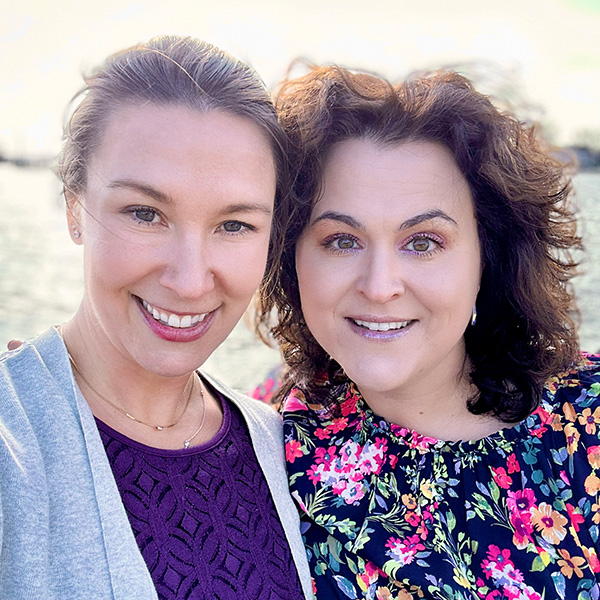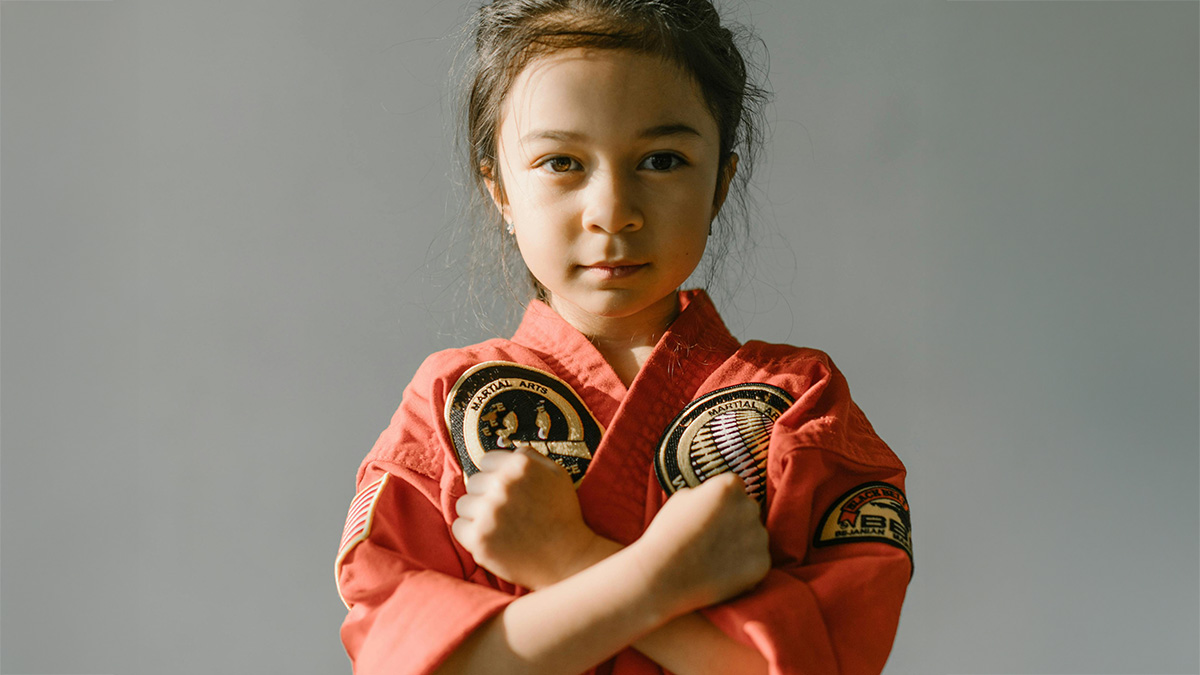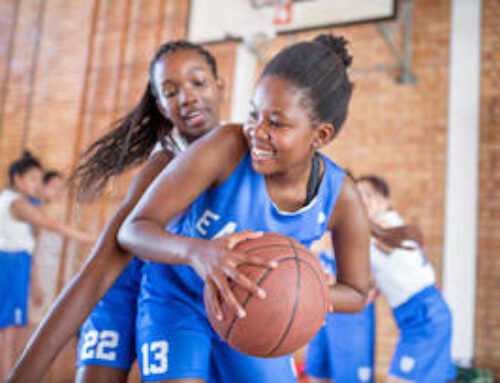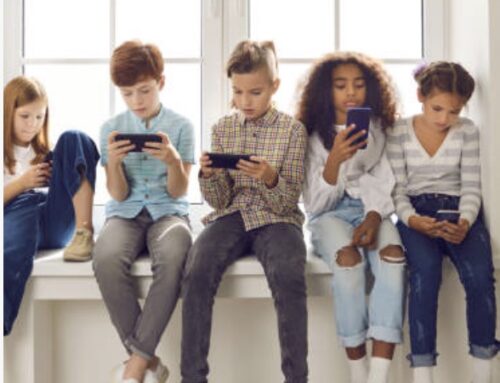Oh, the sting of failure. We all know it well. What do we do as parents when we watch our kids struggle or fail at something? The first instinct is often to intervene and prevent the failure. As parents, we hate to see our kids in pain. But is there any benefit to this experience of failure?
We believe there is. My younger son recently attended a taekwondo themed birthday party. One amusement of the day was getting to witness my spunky boy respond to a highly structured environment. I smiled, with some surprise, as he jumped to attention yelling “yes, sir!” and “yes, master!” (if only he was so responsive at home, right?).
One of the party activities involved the children all taking a turn breaking a wooden board with a firm arm chop. The kids cheered each other on and celebrated each other’s successes – a loud “kihap!” (kee-ah) and then the board would snap under the force of their small but powerful arms. Several kids broke the board on the first try, and several others needed a few attempts to achieve this goal. Despite this, they all smiled and seemed to be having a great time.
Then it was time for my son, who was somewhere in the middle of the group. Strong and solidly built, I expected that he would have no trouble breaking the board and was excited to watch him, video ready to go and rolling. “Kihap!” but the board did not break. “Try again!” the master encouraged him as his friends cheered him on. Somewhat timidly, he tried two more times, but still did not break the board. He became visibly upset and tearful. While his friends continued to cheer him on, he withdrew and ran over the where I was sitting, little tears coming down his cheeks as he jumped into my lap.
And there it was – a failure. Not only a failure, but a public failure, witnessed by many of his friends. I imagined his embarrassment and my heart broke for him. I asked him to try again, twice, providing encouraging words “it’s okay, you can do it sweetie, do you want to try again?” But neither I, the master, or his friends could convince him to give it another go. While I wanted to push him, because I didn’t want to see him fail and I wanted to prevent him from the upset or embarrassment I knew he was likely experiencing, I chose not to. This was his choice, and he had clearly indicated that he did not want to do it again.
So we finished the party, and I noticed that I felt sad for him as he seemed to lose some of his pep during the rest of the festivities. I stayed close by, rubbed his back while he ate cake, and tried to just be there to support him. We made jokes and some silly faces at his friends, and he seemed to perk up a bit.
I waited to talk about what happened with him until later, when the party as over and we were back at home. “What happened at the party today?” “I don’t know” he replied. I inquired “were you upset that you didn’t break the board?” and he nodded “yes.” We talked about how he felt in that moment (upset), why he didn’t want to try again, and reflected on the fact that several kids had to try a few times to get the board to break. We talked about what he wished he had done differently, and if he thought he could have done it if he kept trying (he did). Then we talked about what lessons we could learn from what happened (e.g. things don’t always go the way you want them to the first time, but you can always keep trying). I supported his choice and took care to not make him feel bad about either not breaking the board or not trying until he did. I tried to balance encouraging him to not give up in the future with letting him know that is okay to not do something, too.
While it wasn’t the ideal birthday party experience, it was a good learning experience and an important one for him to have. Struggle and failure are a part of life (letting kids fail). Things do not always go our way, many things are hard and require perseverance, and negative emotions (frustration, disappointment, anger, embarrassment) are a normal part of the human experience. Being able to deal with those experiences and emotions is so important and helps to build resiliency long-term. So while I was sad to see him “fail” and sad that he was upset, I wasn’t sorry that it happened.
As parents, we can not and should not prevent our kids from experiencing pain. Pain and hardship are an unfortunate part of life for all of us at times. Learning how to navigate the difficult moments and the negative emotions now, even in these small and inconsequential ways, sets the stage for strength and resilience later in life. The best we can do is to be there for our kids and to use the tough moments as learning or teaching opportunities wherever we can.
And, of course, be there with open arms (or laps), or hugs, whenever we are needed. Knowing they are loved always, through the hard moments too, is sometimes just what our kids need.
(In case you are wondering, later that week I did ask him to try again (they had sent his board home with us). He broke the board on his first try and we celebrated his success – “I knew you could do it!”)
Joy in the Journey,
J & J
Share this article...

Meet Drs. Jessica Lawson & Jennifer Doran
Jess and Jenn are clinical psychologists, working parents, colleagues and friends. We believe in the the power of psychology and in having a connected and supportive community – a village. Our Blog posts and videos are designed to be short in nature – something you can tune into for 5 minutes a day or less.





